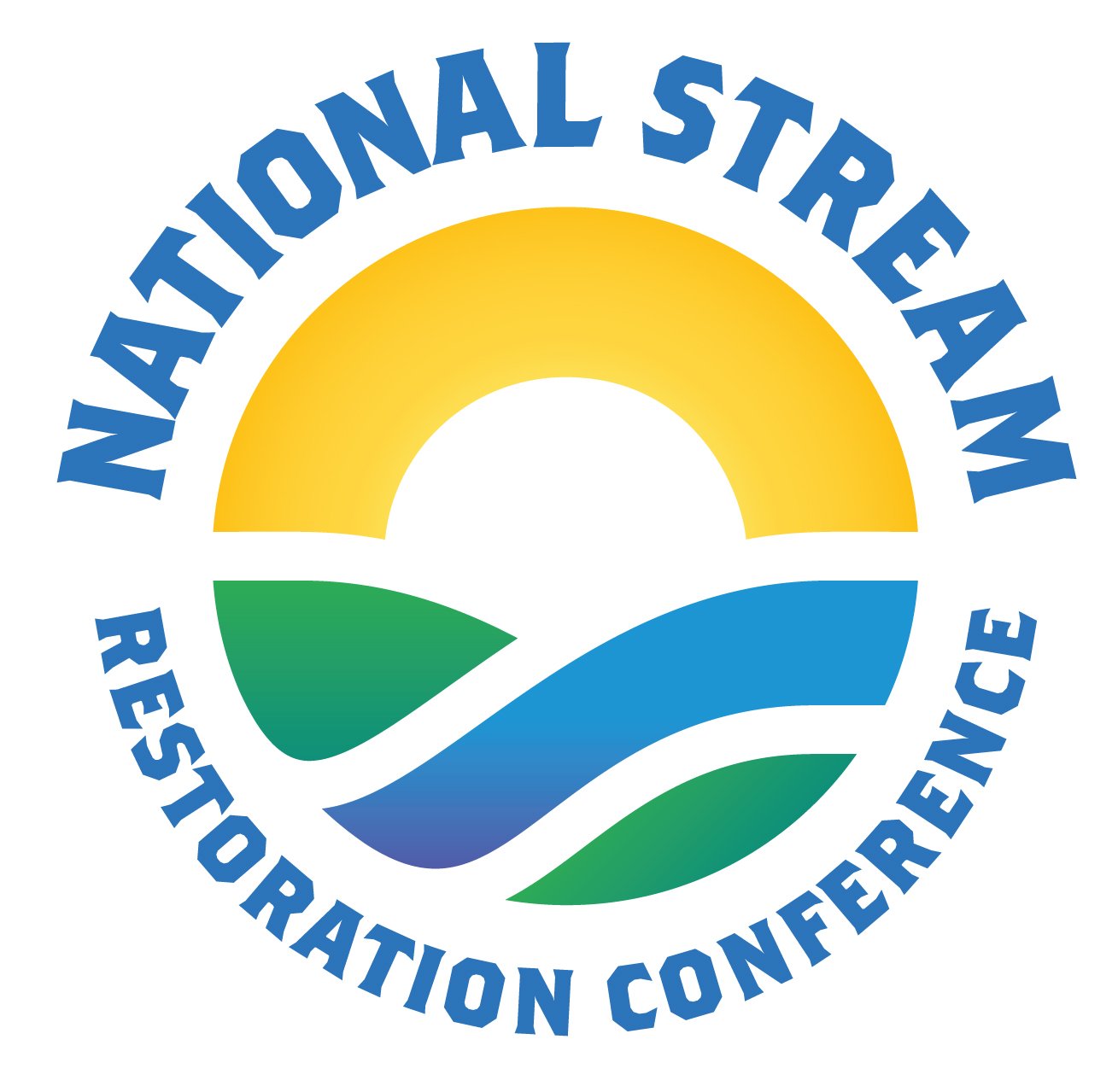Toward a Tiered Approach for Assessing of Stream Ecosystem Condition
Leanne Stepchinski
USACE ERDC
ORISE Postdoctoral Fellow
US Army Corps of Engineers Engineer Research and Development Center
Environmental Laboratory
Vicksburg, MS
Authors:
-- Leanne Stepchinkski, ORISE Postdoctoral Fellow, U.S. Army Corps of Engineers Engineer Research and Development Center – Environmental Laboratory, Vicksburg, MS
-- Garrety Menichino, Environmental Laboratory (EL), U.S. Army Engineer Research and Development Center (ERDC), Vicksburg, MS
-- Kyle McKay, Environmental Laboratory (EL), U.S. Army Engineer Research and Development Center (ERDC), Vicksburg, MS
Stream ecosystems are a major focus of management activities, ranging from aquatic ecosystem restoration to flood risk planning to regulatory mitigation. Historically, stream assessments have relied on evaluating and comparing conditions in streams by quantifying and evaluating aquatic habitat. These assessments are often based on ecosystem structure and evaluate conditions for a target species or set of physical parameters. However, these models fall short of capturing the structure, function, and dynamic processes of stream ecosystems. We developed a framework for functional stream assessment aligned with different levels of effort. This framework is designed to provide a consistent structure for stream assessment at any scale of analysis and can be tailored to local needs. We reviewed existing approaches for evaluating stream ecosystem structure and function, ranging from qualitative techniques to empirical data collection. We compiled tools into a framework for assessing stream outcomes at three levels or scales. Macro-scale tools rely on desktop analyses and are widely applicable approaches that provide coarse evaluation of stream condition. Meso-scale approaches rely on rapid field assessment and are widely applicable approaches that evaluate site performance and conditions. Local-scale approaches rely on empirical data collection and are tailored to regional needs to evaluate specific circumstances, parameters, or interests. This framework is intended to be widely applicable but also flexible to project objectives and the desired level of effort.
About Leanne Stepchinski
Leanne is a hydrologist and ORISE Postdoctoral Fellow at USACE ERDC, Environmental Laboratory. Her current research in water resources focuses on stream assessment practices, aiming to provide guidance for future improvements to the assessment process.
https://www.linkedin.com/in/leannestepchinski/

